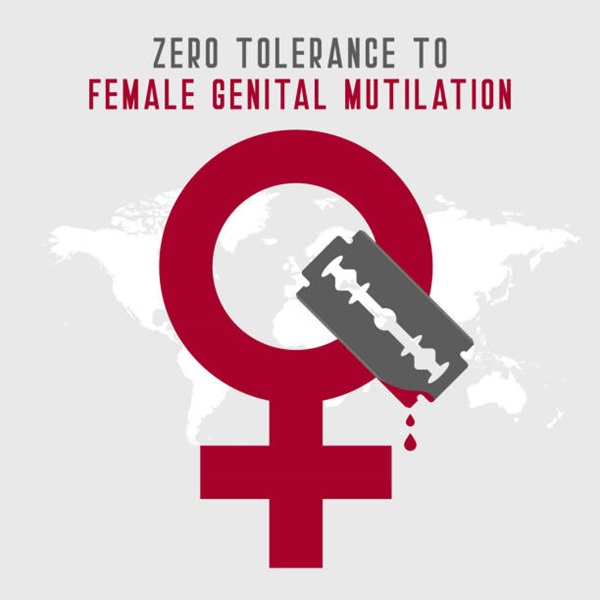
As the world marks the International Day of Zero Tolerance for Female Genital Mutilation (FGM), three major UN agencies – UNFPA, UNICEF and WHO – have renewed their commitment to ending the harmful practice, calling for stronger alliances and expanded movements to accelerate progress.
In a joint statement, UNFPA executive director, Dr. Natalia Kanem; UNICEF executive director, Catherine Russell and WHO director-general, Dr. Tedros Adhanom Ghebreyesus highlighted that FGM remains a serious violation of human rights, leaving lifelong physical, emotional and psychological scars on millions of girls and women worldwide.
They warned that if urgent action is not taken, 27 million more girls could be subjected to FGM by 2030, undermining efforts to protect their rights and dignity.
Despite the challenges, the UN leaders noted that significant progress has been made in the fight against FGM. Countries like Kenya and Uganda have seen a decline in FGM prevalence due to collaborative action, grassroots advocacy, and government interventions.
Since the launch of the UNFPA-UNICEF Joint Programme on the Elimination of Female Genital Mutilation in 2008, in collaboration with WHO:
Nearly 7 million girls and women have accessed prevention and protection services.
Over 48 million people have publicly declared their commitment to ending FGM.
More than 220 million individuals have been reached through mass media campaigns promoting awareness.
In just the past two years, 12,000 grassroots organisations and 112,000 community and frontline workers have mobilised to support the fight against FGM.
The UN leaders emphasised that these figures demonstrate the power of collective action at the local, national and global levels in driving real change.
However, progress remains fragile. In The Gambia, for example, there have been ongoing attempts to repeal the ban on FGM, despite an earlier rejection by parliament. The UN agencies warned that such efforts could reverse decades of progress, putting future generations of girls at risk.
Currently, among the 31 countries where FGM prevalence data is collected, only seven are on track to meet the Sustainable Development Goal (SDG) target of eliminating FGM by 2030. The pace of progress remains too slow and urgent action is needed to accelerate change.
The UN agencies emphasised that ending FGM requires stronger alliances between government leaders, grassroots organisations and sectors such as health, education and social protection. They also called for:
Greater accountability to ensure policies are effectively implemented to protect girls at risk.
Increased investment in scaling up proven interventions and community-based initiatives.
Sustained advocacy efforts to ensure FGM remains a global priority.
“We call on governments, international organisations, and the private sector to join forces in eliminating FGM for good,” the UN leaders stated.
The UNFPA, UNICEF and WHO leaders reiterated that every girl deserves to grow up safe, free from harm and with full control over her body and future.
“The time to step up the pace is now. We must act with urgency to ensure that no girl suffers the physical and emotional scars of FGM ever again,” they concluded.

